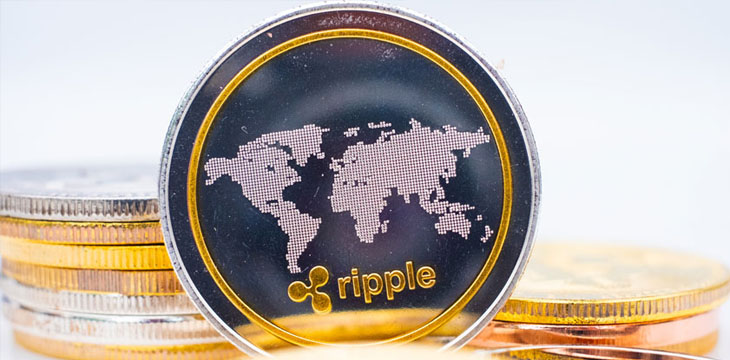|
Getting your Trinity Audio player ready...
|
Payment settlement firm Ripple is the subject of fresh legal action in Australia, over an alleged trademark infringement in the launch of its ‘PayID’ brand.
https://twitter.com/rohan_p/status/1297740807970021376?s=20
Remittance network New Payments Platform Australia, which is owned in common by 13 banks, holds a trademark for “Pay ID”. In a statement, NPPA said it was concerned that a second service operating with the same name would lead to significant confusion among customers, according to a Decrypt report.
“There is real concern that two services operating in the market with the same name will create confusion, opportunities for fraud and scams and be misleading for customers, who may assume the protections that apply to NPP Australia’s PayID service apply also to the services offered under the Open Payments Coalition banner.”
Despite holding the trademark since March 2017, NPPA was challenged by the launch of the Ripple payment infrastructure, with their PayID scheme launching in June 2020. Ripple partner Open Payments Coalition issued a statement at the time, saying PayID marries traditional finance and “the new world of fintech.”
“PayID brings together companies across all industries with an open solution for payments, marrying traditional finance, and the new world of fintech under one standard. PayID allows individuals to send and receive money across any payment network using an easy-to-read address versus one that’s awkward and unintuitive.”
According to NPAA, the purpose of the lawsuit is to prevent the confusion arising from the alleged infringement, which it says could lead to a rise in fraud and scams.
“The aim of this action is to protect Australian consumers and businesses from potential losses or scams that could arise as a result of confusion created from a payments service using the same name — particularly one that does not offer the same level of protection as the NPP’s PayID, including the backing of the Australian banking sector and an extensive consumer protection framework.”

 02-27-2026
02-27-2026 




